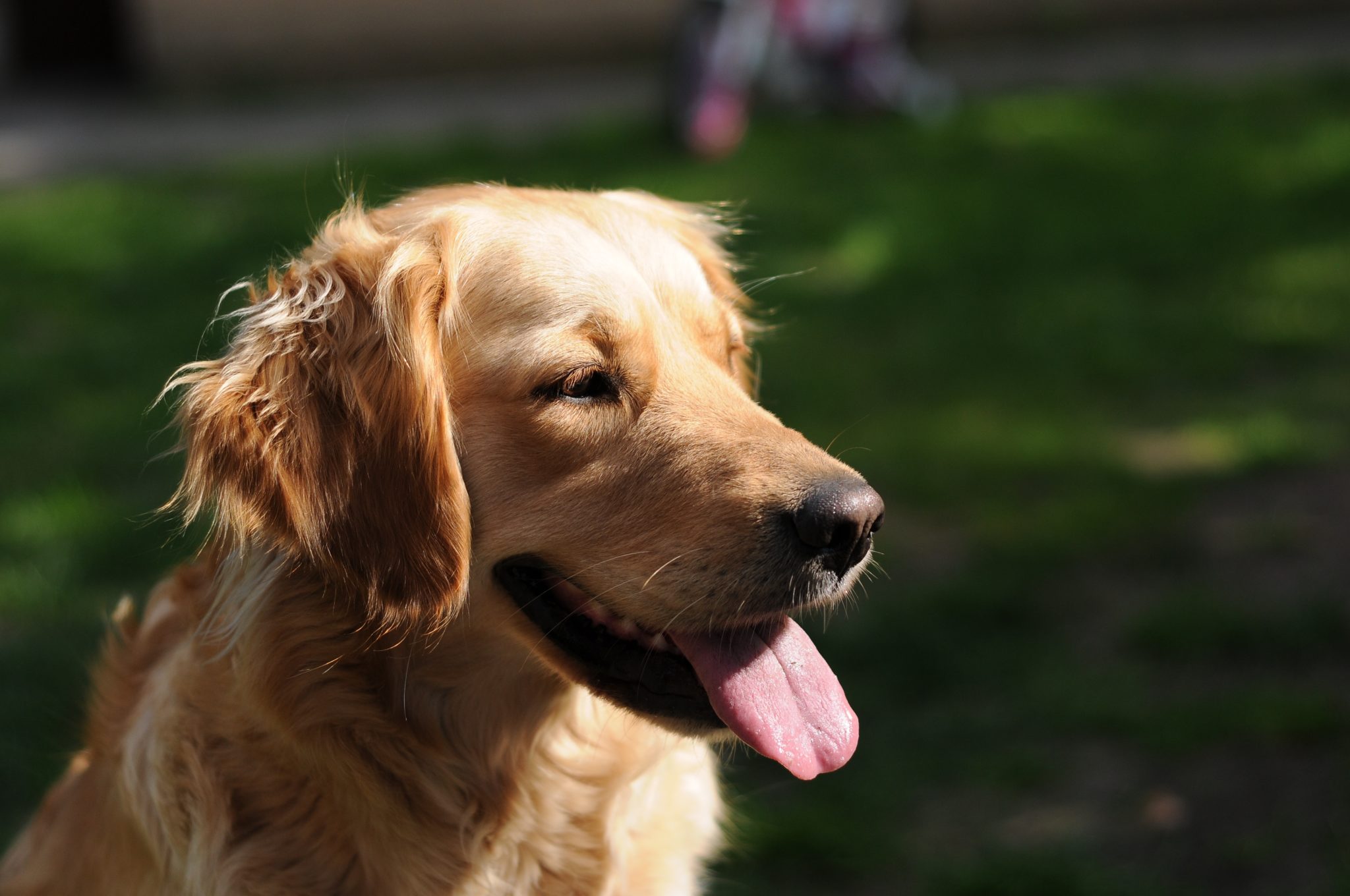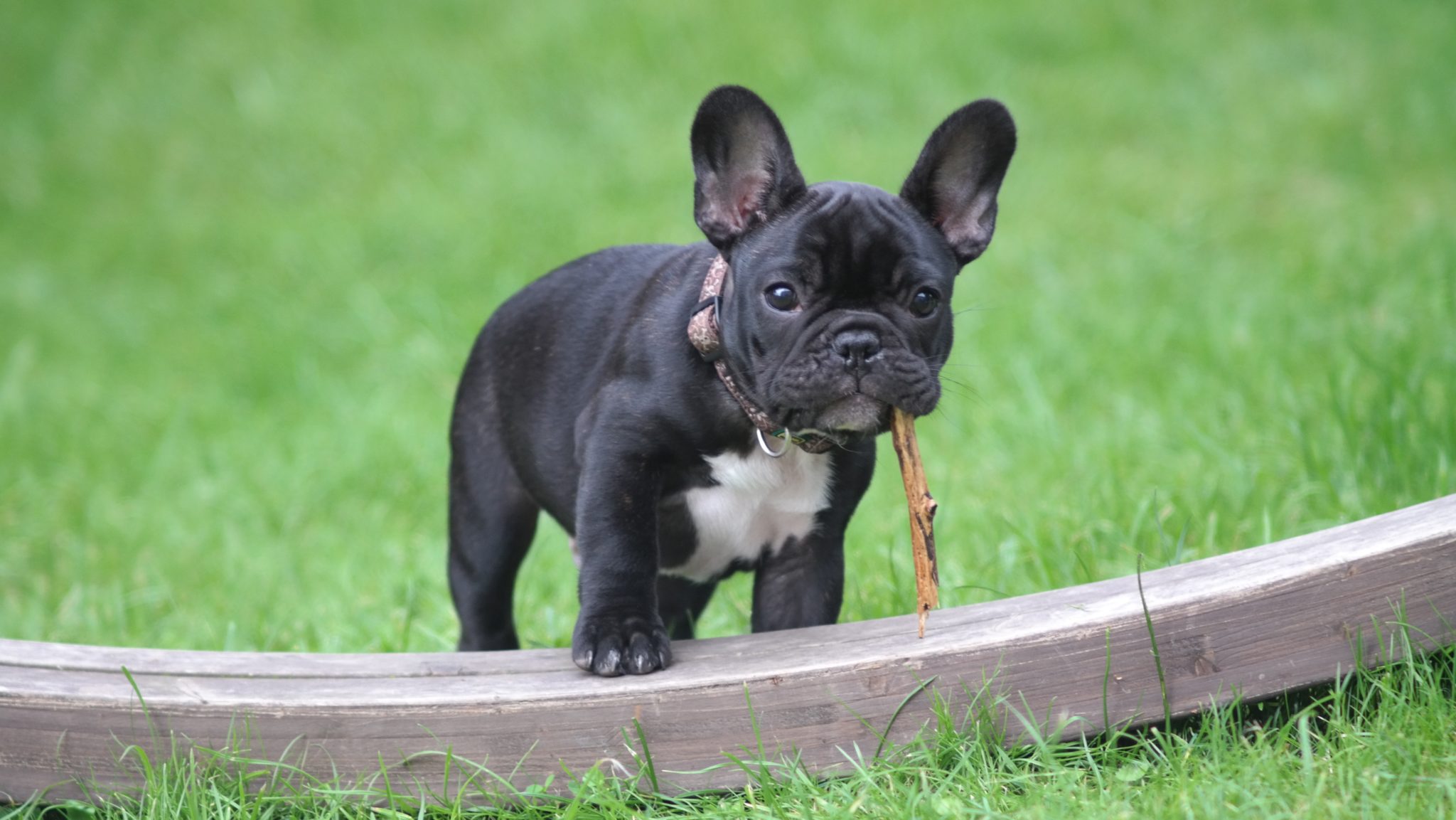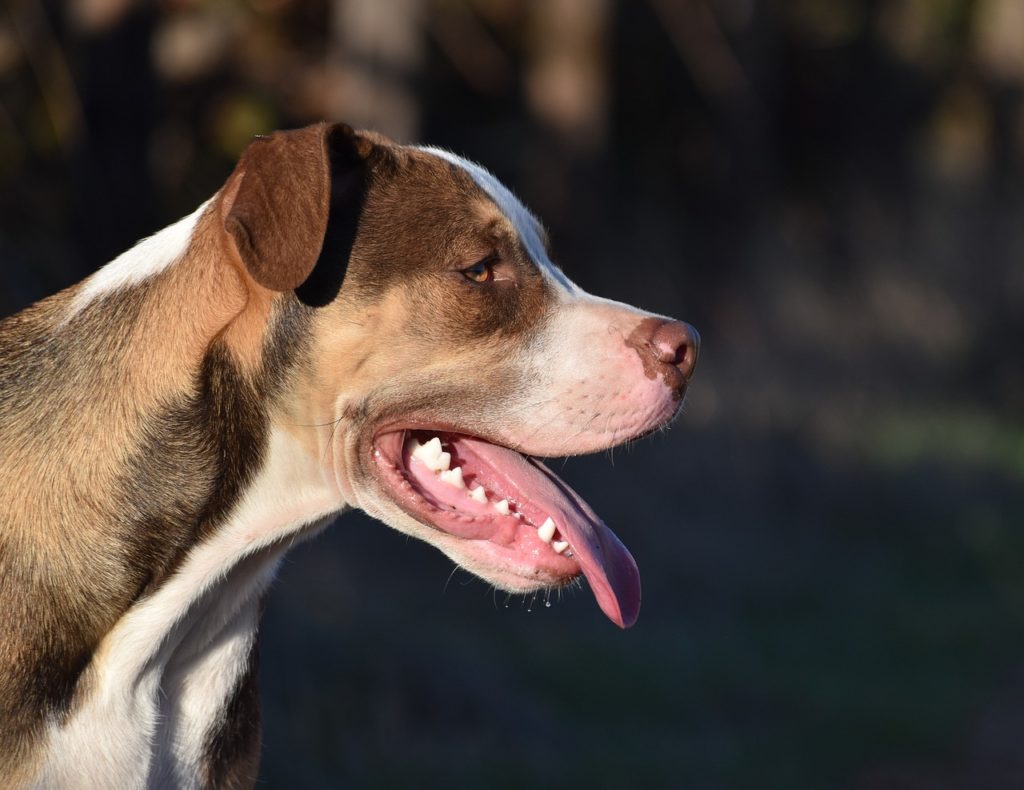Have you ever checked your daily caloric intake while dieting? Chances are, if you have taken a nutrition course or have tried to lose weight, you have counted your calories. Now, what if you wanted to get your dog to drop a few pounds, would you do the same? In fact, maybe you never even considered counting calories for your pet in the first place.
Just like in humans, dogs require a specific amount of calories to stay at a healthy weight. If your dog is starting to look on the thicker side, it could be because you are feeding him too much food. Keep in mind that everything goes towards their daily caloric intake. That means his midday snack and afternoon treats also have to fit within his daily food requirements as well.
Now, when getting to the actual calories your dog should be consuming each day, there is not a single clear answer. Many factors play into your dog’s caloric needs such as weight, size, metabolism, and age. Aside from this, every dog has a different activity level, which can significantly fluctuate a dog’s daily intake. The only thing vets can do is to suggest a recommended amount by considering all of these factors.
If you are concerned that you are overfeeding your furry friend, consider how many calories he should be eating on a daily basis. By following these simple tips below, you will be able to get a good idea of your dog’s daily caloric needs. Since this number is a rough estimation, it is always advised to talk to your veterinarian for a more exact number. In this article, you will learn how to calculate your dog’s daily food intake, why it’s important for your dog to maintain a healthy weight, and the essential nutrients that should be included in your dogs diet. By following these suggestions, you will be able to set your dog up for success in living a long and happy life.
How Many Calories Does a Dog Need?
While there are a few more complicated mathematical equations to help figure out your dog’s daily caloric needs, the most simple and easy to understand states that for every pound your dog weighs, he should be consuming about 25 to 30 calories. This amount of calories will not help your dog lose weight, but will get them to maintain where he already is. Now since this is general, you should also factor in your dog’s activity level. Is he a couch potato or an energetic athlete? You can then add or subtract your original number depending on this overall activity level.
As said before, treats can really do a number on your pet’s diet. There is a reason your dog is always giving you those puppy eyes every time he wants his snack, it’s because he enjoys them! Just how some people crave chocolate or chips, dog’s prefer their treats as well. However, dogs are only supposed to eat these treats in moderation since they are high in calories.
If you are trying to get your dog to lose weight, try substituting out his regular dog treats with something more nutritious that’s low in calories. Carrots, apples, and even green beans are all excellent snacks that your dog will enjoy. Fruits and vegetables are always a good alternative especially when it comes time to training your furry companion. Before feeding your dog one of these items, make sure to talk to your vet to find out which fruits and vegetables are safe for your dog to eat.
How Come It’s Important For My Dog to Maintain a Healthy Weight?
Studies show that over 50% of dogs and cats are obese or overweight in America today. Obesity can have significant effects on your dog’s health including challenges with mobility, increases the risk of canine diabetes, and also makes him more susceptible to developing heart diseases and respiratory diseases. If your dog already has a pre-existing health issue, obesity will cause the problem to worsen. Even though it may be cute to have a chubby chihuahua, you are putting them at risk for encountering endless health issues down the road.
To prevent this from happening, you first have to ensure that you are providing your dog with a nutritious diet. Not only do the ingredients have to be high-quality, but you must also give him the proper amount as well. Both these two factors can have a significant impact on your furry friend’s overall weight. Aside from his daily food intake, a dog must also get a sufficient amount of exercise. Generally speaking, all dogs should get at least a 30-minute walk a day. Every dog is different and requires different exercise requirements, which is why you should consult with your vet for further suggestions.
What Nutrients Should Be in Your Dog’s Diet?
Now that you know how many calories your dog should be consuming, it’s important to understand what nutrients should be included as well. Half of the battle when keeping your dog healthy is to make sure he is consuming the proper amount of food. The other part of the equation involves the actual nutrients and quality of food he is consuming on a daily basis. Below is every component that needs to be included in your dog’s daily intake for a strong and healthy body.
Carbohydrates
Did you know that a dog’s diet should consist of mostly carbohydrates? That is because dog’s use carbs as their primary source of energy unlike cat’s who require more protein. Aside from being an excellent source of energy, carbohydrates also regulate blood pressure and provide the body with fiber which aids in digestion. As a general rule of thumb, a dog’s diet should consist of 30-70% carbs. These carbs can come in many different forms including rice, wheat, oats, or corn.
When looking for the proper dog food product for your furry companion, make sure to find one that contains nutritious and wholesome ingredients. To check what kind of ingredients are used in a particular product, all you have to do is check the back of the bag or box. This nutrition label will list all the ingredients in descending order. As you could probably assume, the first ingredient that should be listed is some type of natural carb.
Protein

Next on the nutrition panel should be a protein. Protein is needed in a dog’s body to restore and maintain muscle as well as repair tissue. The amino acids found in protein are essential for these bodily functions. They are also needed to keep the immune system strong and functioning well. When looking for the right dog food product for your four-legged friend, try to find one that contains about 18-25% protein.
The quality of protein is also something that should be considered as well. Try to stay away from fillers or animal by-products for these ingredients can be hard to digest. Look for more natural sources such as chicken, beef, or turkey. If the label lists general protein such as “poultry” or “fish,” consider switching to a different brand. These protein sources are too vague to know what’s really in them.
Fats and Oils
In small quantities, fat is a necessary ingredient that should be included in all dog diets. For starters, these components are used in the absorption of fat-soluble vitamins. Fats and oils can also serve as an energy source for your dog. The last major benefit of adding fats to your dog’s diet is that it helps maintain a strong and healthy coat. On average, a dog should have 10-15% of fat in his diet. Possible sources can come from fish oil, chicken fat, pork fat, or soybean oil.
Vitamins and Minerals
Just like in humans, vitamins and minerals are an essential component required in every diet. Dog’s benefit from these nutrients throughout their entire body.
Water
All living creatures need water to sustain life, and that’s no different when it comes to our dogs. As you could probably imagine, getting a dog to drink water is not always easy. The best thing you can do is to provide them with a clean bowl of fresh water and place it in an easily accessible place.
Make sure to refill the bowl when needed. Some benefits of staying hydrated include waste elimination, lubrication of joints, and also helps with overall cell functioning. In order for your dog to stay properly hydrated, he must consume one ounce of water for every pound he weighs. Keep in mind that this amount needs to be increased if your dog has been exercising or is in a hot environment.
How to Manage a Dog’s Weight
One of the best ways to manage your dog’s weight is to understand his daily caloric needs. Once you have figured out how much your pet requires, you can properly portion out his meals to make sure you are not overfeeding him. As said before, most pet owners are overfeeding their animals without even realizing. When it comes to food, their daily meals are only half the battle. If you like giving your dog treats as little snacks throughout the day, you might want to consider changing this habit.
Some dog treats can be extremely high in calories, which is usually why our furry friends gain a couple of extra pounds. Instead of feeding them these processed doggy treats while training, try switching to a more natural treat such as fruits or vegetables. These healthy treats are both low in calories and easy on your dog’s digestive system.
Another vital factor to consider when managing your dog’s weight is human food. Now, I’m not talking about fruits and vegetables clearly, what I’m talking about is pieces of meat or bread from your dinner plate. These food items are not only high in calories, but they can also be harmful to your dog’s digestive system as well. By carelessly feeding your dog table scraps, you are risking them getting sick and gaining weight.
As said throughout this entire article, the best thing you can do to ensure your dog is being fed a nutritious diet is to read the label. By following the nutrition guidelines above, you will be able to find the proper food for your dog. Keep in mind you should always look for wholesome and natural ingredients. You want your dog’s food to be as natural as possible, no matter the cost. If you are confused about what product you should be feeding your dog, you can always talk to your veterinarian for further recommendations.
The last most crucial factor for maintaining your dog’s weight is to take him outside for some exercise on a daily basis. No matter what dog breed you own, all dog’s require at least some daily physical activity to stay at a healthy weight. This is especially important if he spends all day locked inside the house while you are working. If your dog is not getting the exercise he needs, he will likely gain weight or experience other health issues at some point in his life.
Although it is impossible to know the exact amount of calories your dog should be eating, you can still get a general idea through a simple equation. By sticking to your pup’s daily caloric intake, you will have a better chance of maintaining his weight and keeping him healthy.




